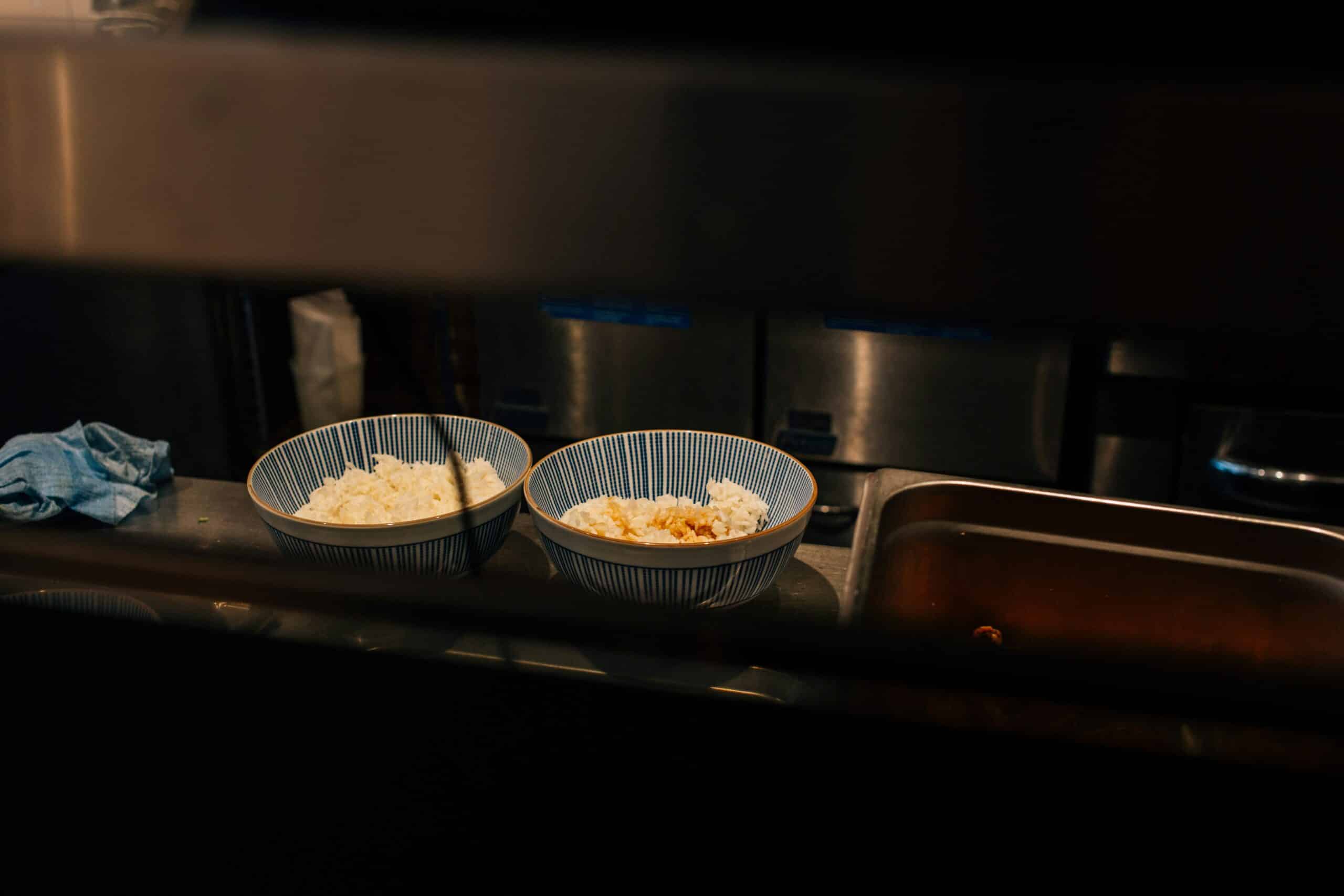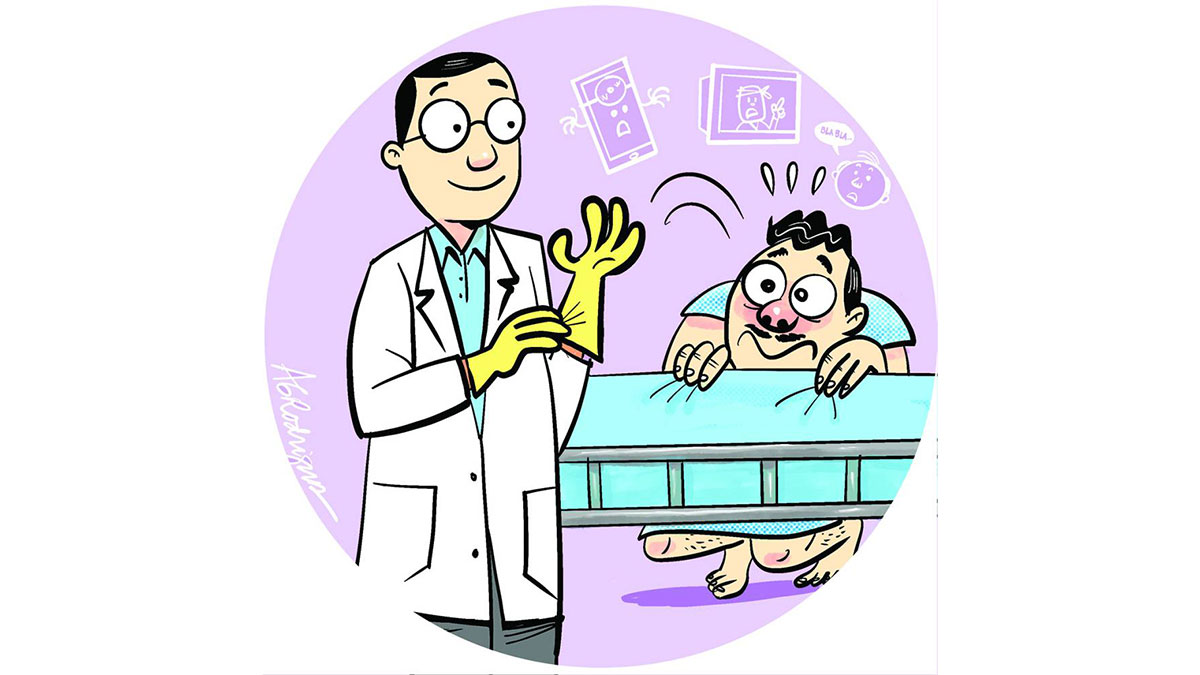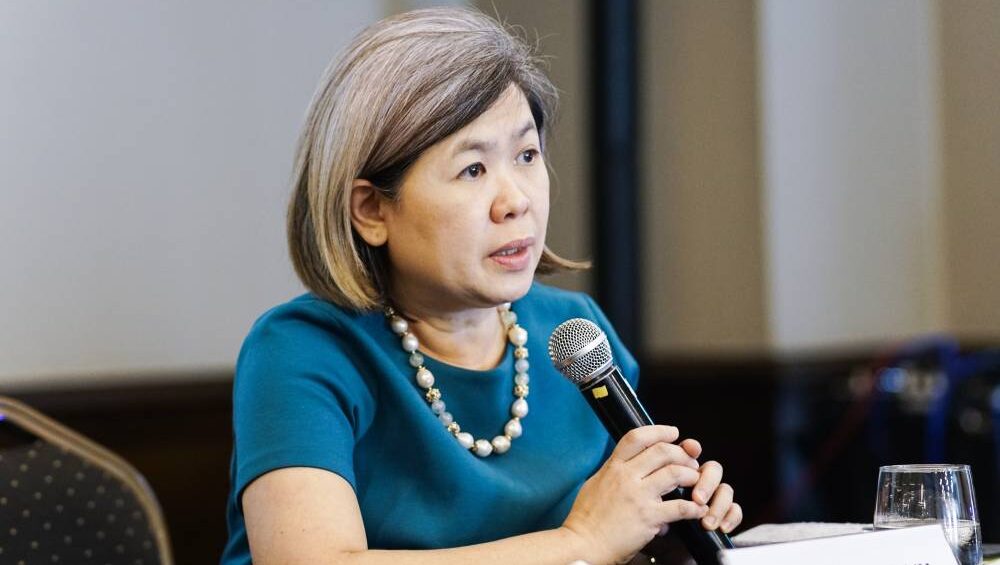Often, in our enthusiasm to achieve something, we forget to follow protocols and procedural courtesies, which can mess up the situation.
Recently, members of eight leading specialty organizations of the Philippine Medical Association (PMA) expressed their displeasure over the move of the Philippine Society of Medi cal Specialists Inc. in Government Service (PSMSI) to certify specialists in internal medicine, surgery, anesthesia, obstetrics/gynecology and pediatrics.
Last July 29, the PSMSI, a nonspecialist affiliate society of PMA, announced that it will be conducting the exams simultaneously nationwide on Sept. 21. If the exam takers pass, they’re certified as specialists in their respective fields.
This is supposed to be a “must” for its thousands of members nationwide currently employed in government hospitals, who plan to get employed in the future and for those who wish to apply for membership in PSMSI. In announcing this decision of its board of trustees, PSMSI used stationery showing its logo and that of the Department of Health (DOH) on top.
Massive undertaking
This is quite a massive undertaking—from the preparation and validation of the questionnaires, giving them to thousands of doctors in five specialties, correcting the exam sheets, doing an oral revalida (if that is included, which is usually in all specialty-certifying exams). I was curious how this gargantuan task would be handled in barely seven weeks.
I went to PSMSI’s website and Facebook page and could not find a landline, just a mobile phone number. I dialed it, which turned out to be the contact number of a former PSMSI officer, now retired. She wasn’t sure if the secretariat had a landline, and advised me to leave a message on the FB page or send an email.
It puzzled me. How can a group with apparently limited resources—and which has not even updated its website with correct contact numbers—
shoulder the colossal logistics of carrying out certification exams involving thousands nationwide?
What type of exams will it be giving?
I have been a member for several years, and have chaired the specialty board of adult cardiology. I recall spending weeks just to prepare the test questions on specific fields assigned to us. After preparing them, members of the specialty board would sit en banc and validate each other’s questions to make sure they were fair, not misleading, and truly reflective of the core knowledge and competencies we wanted all exam takers to show.
The people behind specialist certifying exams should be experts in their particular fields. The PSMSI is categorized as a nonspecialist affiliate of PMA. So, where did it get the mandate and authority to certify medical specialists and accredit training institutions?
PSMSI carries the DOH logo, but even Health Undersecretary Eric Domingo was puzzled by its bold announcement. As the undersecretary and chief of staff, he should be the first to know if PSMSI is recognized by the DOH and has the mandate to certify specialists who wish to be employed by the DOH.
Apparently there is no such mandate, and Domingo categorically clarified that the DOH-Health Human Resource Development Bureau did not authorize such accreditation or certification process by PSMSI.
No such authorization
Could the mandate have come from the Professional Regulations Commission Board of Medicine (PRCBOM)? A reliable source from the PRCBOM told me there was no such authorization of PSMSI from them.
The PRCBOM could not contradict itself because it issued Resolution No. 25, which recognized specialty societies and their respective specialty boards and their stringent process of certification of specialists in their respective fields.
As Undersecretary Domingo said, PSMSI planned certifications of various specialists “creates confusion in the certifying functions among the medical specialty societies.”
Dr. Gina Nazareth, president of the Philippine College of Physicians (PCP), the specialty organization of all certified internists in the country, wrote: “This attempt of PSMSI to supplant existing authority puts additional hardships on all certified specialists and graduates of all specialty training programs that are already practicing or plan to enter government service.”
Some PCP members have suggested that specialty societies affected should take this to court to resolve the case swiftly.
I think the legal facet of the issue is not yet compelling at this point. I believe this is just a case of misplaced enthusiasm of the PSMSI, either to show that its members should also be considered specialists, or to assert themselves as legitimate medical specialists who have the competence to certify their fellow specialists.
We appreciate their enthusiasm and dedication in professionalizing their ranks. Unfortunately, there was neither rhyme nor reason in their decision to conduct an undertaking they do not have the capability, expertise or competence to carry out.
Dr. Jose Santiago Jr., current PMA president, could have immediately contained the situation by calling the officers of PSMSI, an affiliate member of PMA, and making them realize that as part of the unified medical community of PMA, they in PSMSI should join everyone else in getting our act together.
If we don’t observe due courtesy, we’ll really have a messed-up world.












































